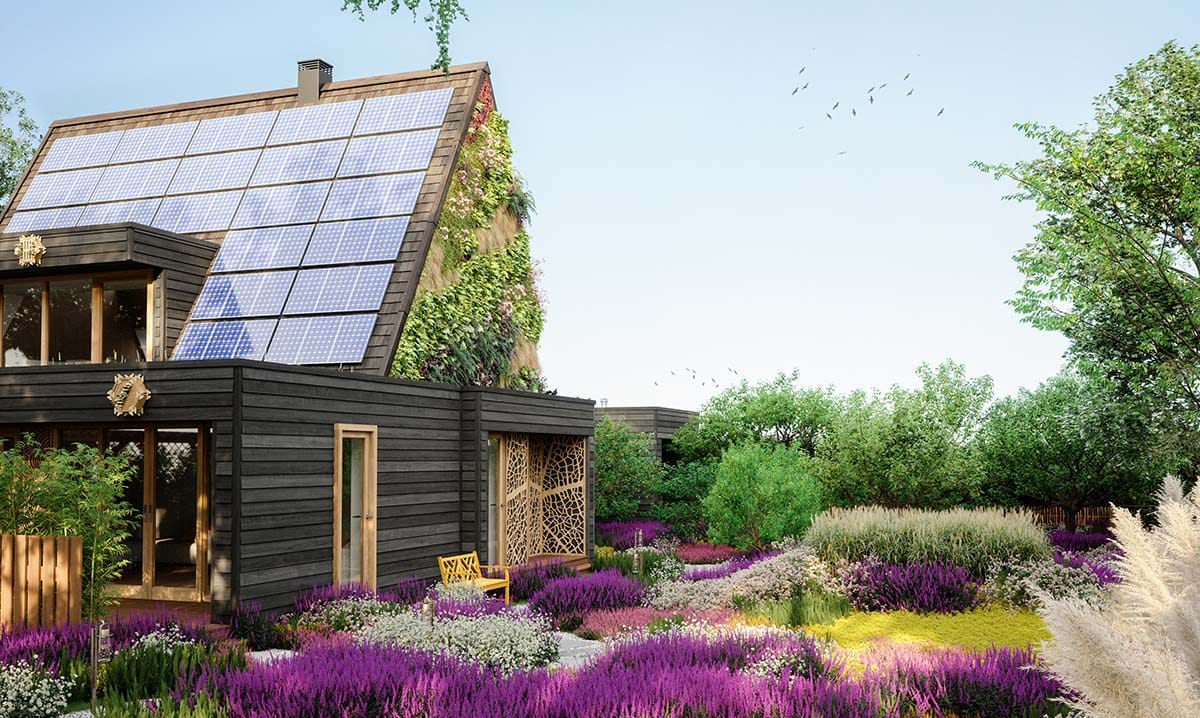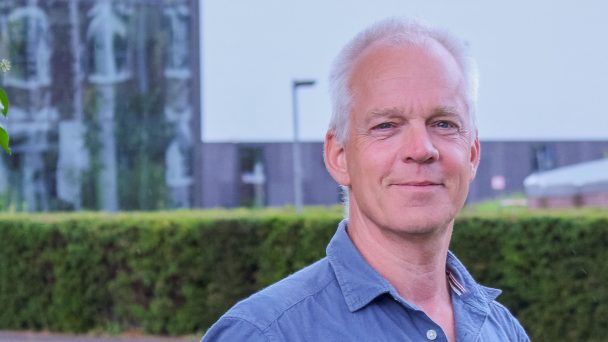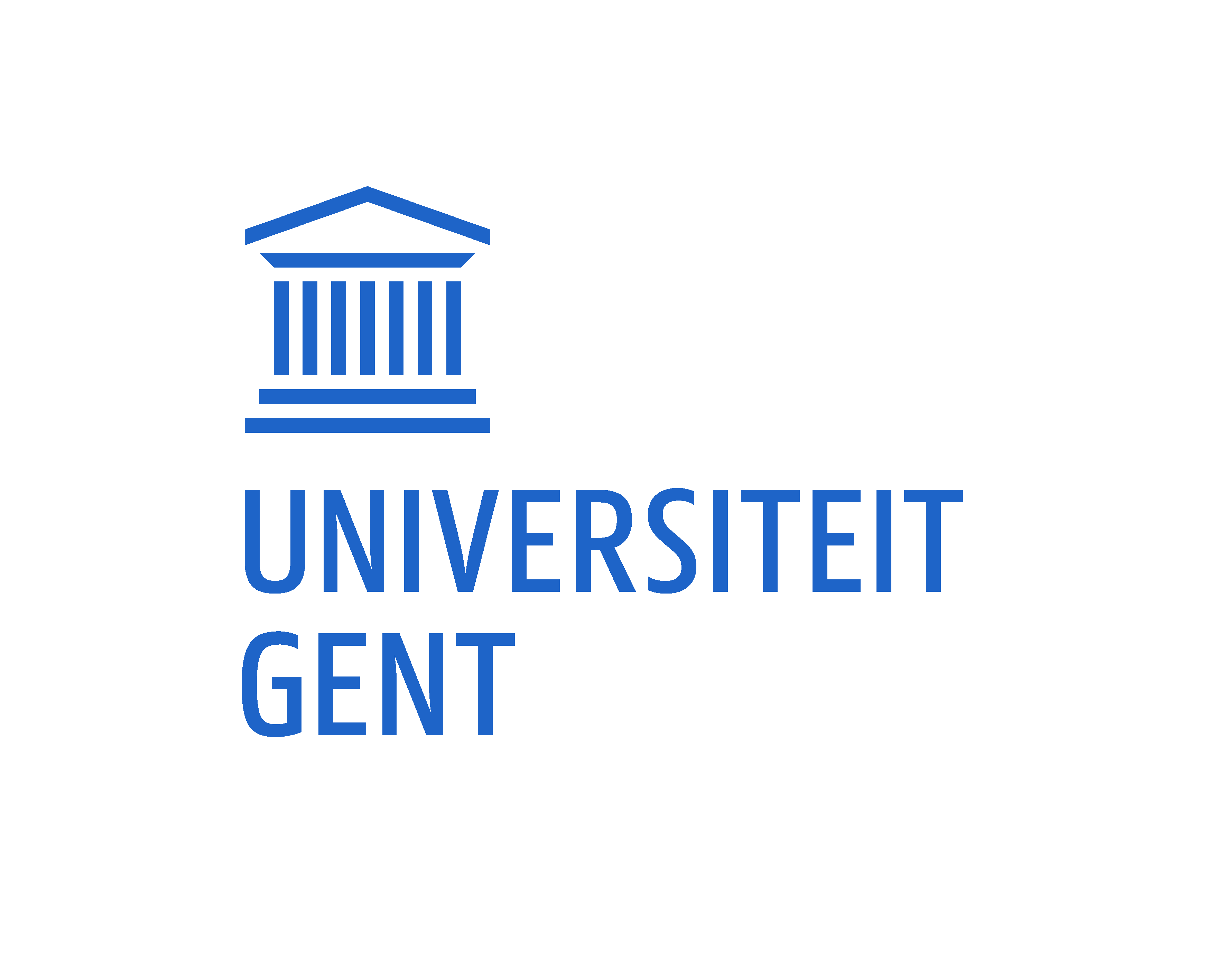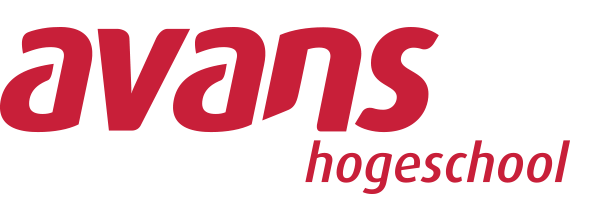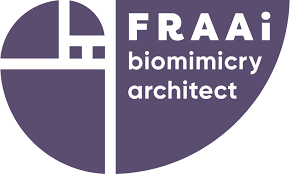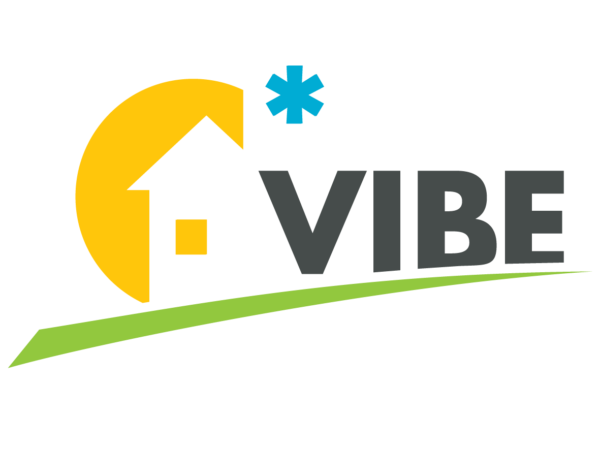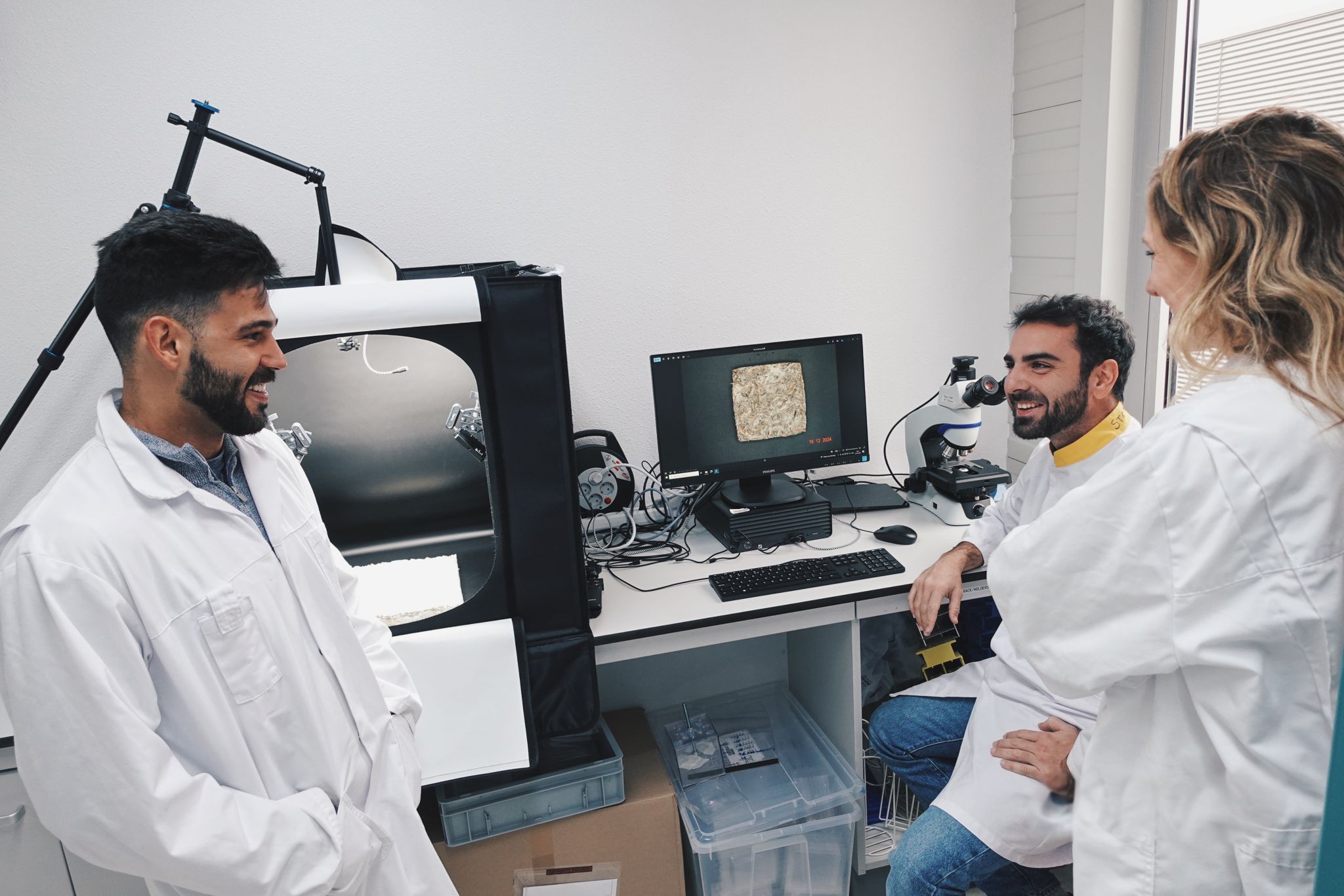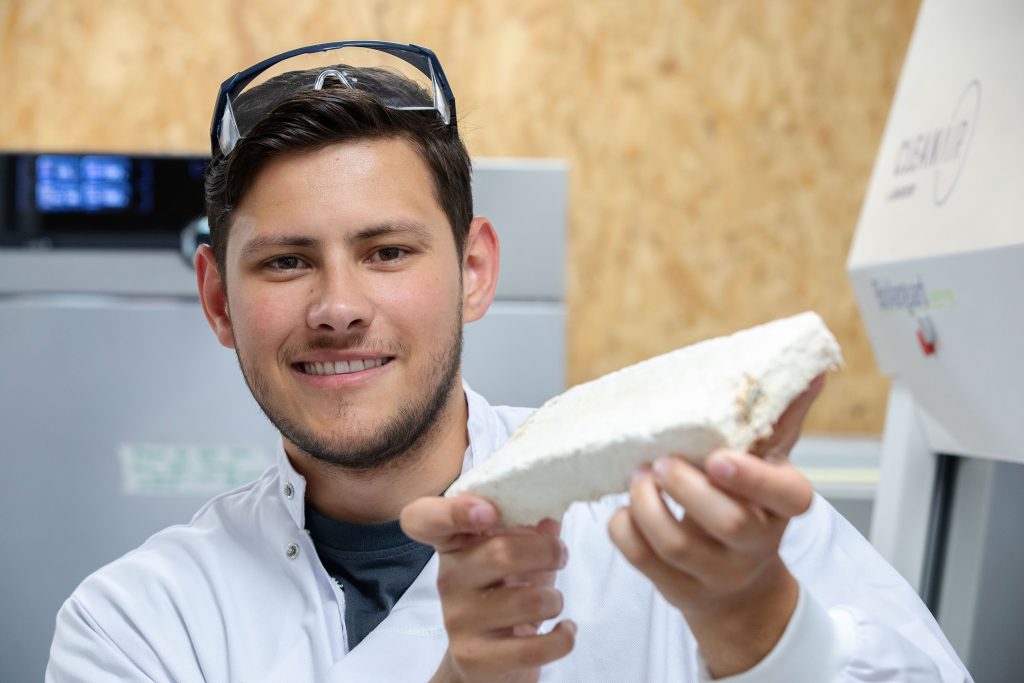CASCO, which stands for CArbon Sink COnstruction, aims to alleviate the substantial ecological footprint of Europe’s construction sector. Currently, the European Energy Performance of Buildings Directive (EPBD) emphasizes reducing operational CO2 emissions in buildings.
From Operational to Embodied Carbon
However, recent research (Xiaoyang Zhong et al., 2021) shows that reducing operational CO2 emissions in buildings often leads to an increase in embodied carbon emissions. This increase stems from the use of more materials, materials with high production-related CO2 emissions, or more complex installations.
Europe is currently revising the EPBD to consider CO2 emissions across a building’s entire lifecycle. Local and natural resources, such as wood, straw, hemp, and roadside grass clippings, have the potential to significantly reduce the ecological footprint of the construction sector (UN, CTCN), yet they remain largely underutilized.
Building an ecosystem for local and natural building materials
Through the CASCO project, the partners aim to establish an ecosystem in the cross-border Flanders-Netherlands region to scale up the use of local and natural building materials.
These materials, which have low embodied carbon during processing, capture CO2 during their growth (carbon sink), significantly reducing the embodied carbon emissions of new buildings. Building with local and natural materials should become the preferred choice for construction professionals. To achieve this goal, we aim to increase both the demand for and the supply of biobased building materials.
Focus areas
1. Value Chain Development for the Local Economy – with a focus on sourcing natural raw materials, producing building materials, components, and elements, and applying them on-site. This includes raw materials such as wood (from forest management, coppicing, construction timber); straw, hemp, sorghum, and miscanthus (residual and by-products from agriculture); and roadside grass clippings (from landscape management). We aim to upcycle these residual and by-products for local use within the program area.
2. Determining Building Physical Properties and Hygrothermal Behavior – of local and natural building materials (and components) based on data gathered throughout the project, enhancing the credibility and applicability of these materials.
3. Processing Raw Materials – into insulation materials (e.g., roadside grass clippings, hemp shives, miscanthus), construction materials (e.g., wood and straw), applying fibers in reinforcement grids and building boards (e.g., hemp, sorghum), and constructing prefabricated elements using a combination of these materials.
4. CO2 Emission and Environmental Impact Analysis – establishing the net CO2 storage capacity of the developed building materials and elements. The project aims to collect sufficient information for the future development of business models for CO2 storage in buildings through carbon credits (whereby building owners who store CO2 are compensated via a local carbon credits platform).
5. Accelerating a Clear CO2 Standard in the Construction Sector – by introducing local and natural building materials and elements and assessing their specific CO2 impact (emissions and storage) in existing calculation tools like TOTEM (Belgium) and MPG (Netherlands).
6. Knowledge Dissemination among Construction Professionals and New Entrants from Technical Training – to enhance their awareness and expertise regarding the value and application of local and natural materials.
7. Public Outreach – making project results accessible and informing the general public about the benefits of local and natural construction.
Cross-border Collaboration: CASCO will promote, integrate, and build upon relevant research from other projects. Many of these projects involve some of the current partners.
Partners
CASCO is supported by the following partners:
– Pixii, UGent, MNEXT (Avans Hogeschool), VIBE, and Inagro contribute their expertise as knowledge institutions in:
– Analyzing CO2, environmental impact, and material performance based on data collected over the project, enabling accurate application in existing calculation tools.
– Developing and organizing training for construction professionals (Pixii, Inagro, MNEXT) and refining education for the next generation of professionals (UGent and MNEXT).
– Disseminating project results within their networks (construction professionals, educators, manufacturers, developers, local governments, and other knowledge institutions) through events like study days and lectures, as well as generating further research.
– Labland, Woonder, Inagro, MNEXT, VIBE, and Pixii act as competence centers within the project, taking a leading role in advising and professionalizing business operations.
– Woonder, Pitterz, and Seedscope Insight are considered supply chain companies, while Fraai and Murmuur, as designers, bring expertise in the application of natural raw materials and building materials in specific construction projects.
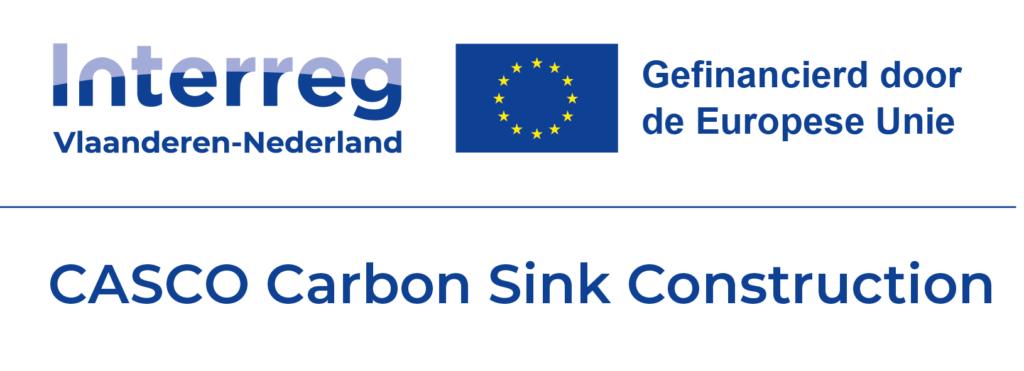
May 2024 until May 2027




